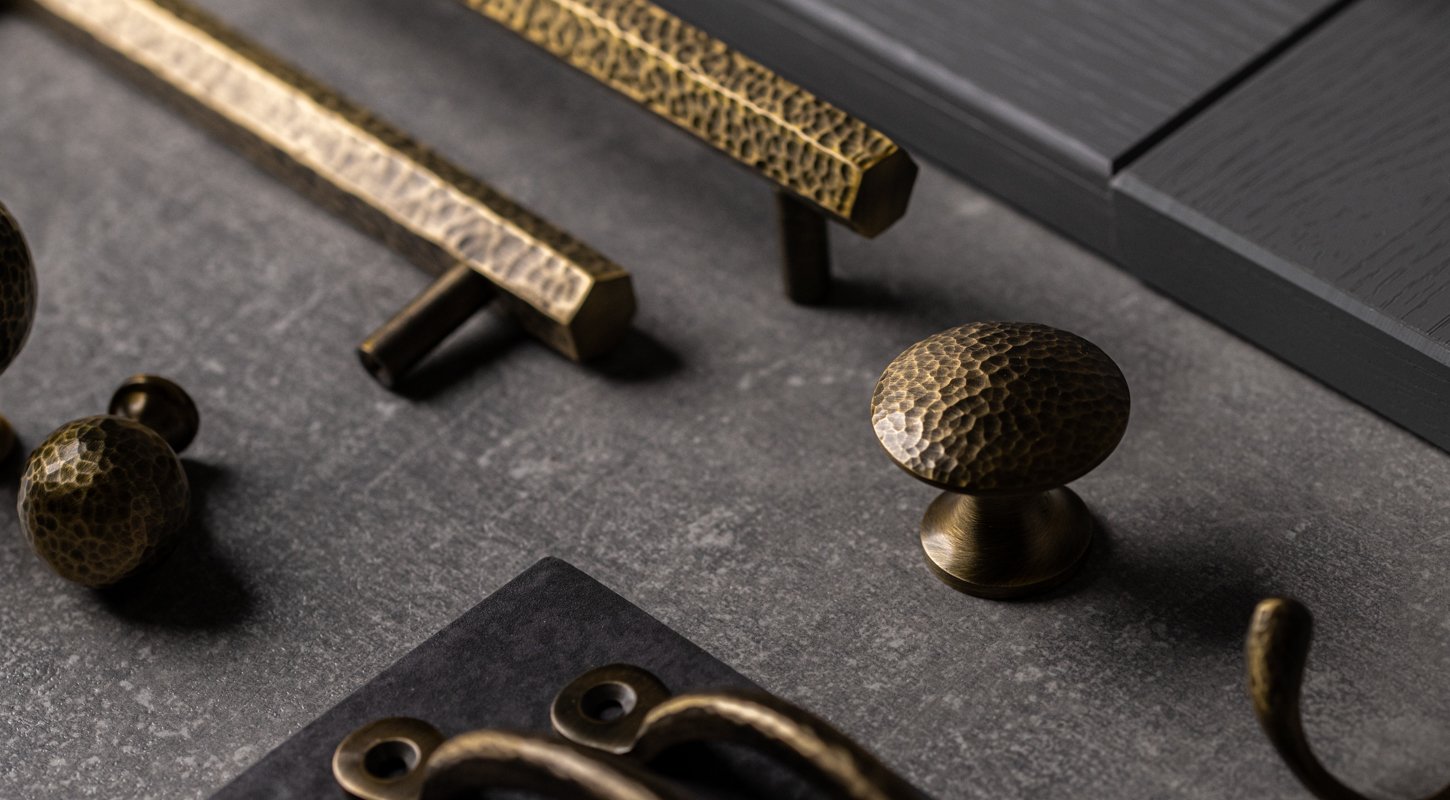Fitting a Reversible Tubular Latch
Make sure your door knob opens the correct way by following these tips for fitting a reversible architectural tubular latch. Understand the component parts of your latch, the sizing terminology and discover helpful advice for installation.
Component Parts Of a Tubular Latch
The most important measurements of your tubular latch are the backset and the case size.
Backset
this refers to the distance from the forend plate to the bore hole through which the mortice bar is fitted.
Case Size
this is the overall measurement from the forend plate to the end of the tubular latch.

Choosing The Right Tubular Latch Size
When choosing your tubular latch, it is important to first decide how far away from the edge of the door your door knob will be fitted. A 4 inch case length is the advisable size, as this will prevent catching your knuckles on the door surround when opening and closing the door. However, the longer length may not always be suitable, especially for doors with glass panels. In those situations, a 3 inch latch will be a better fit.

How To Prevent Your Tubular Latch Sticking
When a tubular latch is fitted, it sometimes sticks and makes a grinding noise each time the mechanism is turned. The problem is usually due to the mortice hole in the door being cut a fraction too small. The hole needs to be big enough to prevent binding of the tubular latch mechanism. In other words, the mechanism needs adequate clearance within the door to prevent the parts catching on the timber.

Installing the Tubular Latch The Right Way Up
Arhictectural Tubular Latches have a reversible latch/catch to allow for fitting in both left and right hand opening doors. Most tubular latches have a helpful "This Way Up" label engraved onto the case. When installing your latch, keep it the right way up. To make sure your door knob will open correctly, and will turn clockwise, away from the edge of the door, you need to turn the produding latch/catch 180 degrees, and NOT invert the whole tubular latch.
You can test this before installation by inserting the mortice bar and fitting the door knob to test which way the latch/catch needs to be set for the correct opening orientation for your door.

To recap the important points:
- Make sure, when you are cutting the mortice hole in your door, that you leave enough clearance for the mechanism to turn without being squashed and grinding against the timber.
- Choose the right size tubular latch for your door, taking into account overall case length and backset.
- Always take note of the "THIS WAY UP" marking.
We hope you found this video and blog guide useful when it comes to buying and fitting your architectural tubular latch and door knob. Do join us next time when we will be showing you How To Fit A Door Knob With Concealed Fixings.
For details of our range of architectural and standard tubular latches and sash locks, please see HERE.














